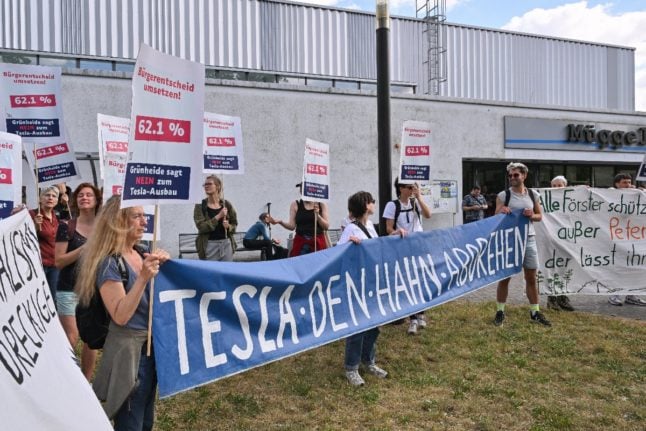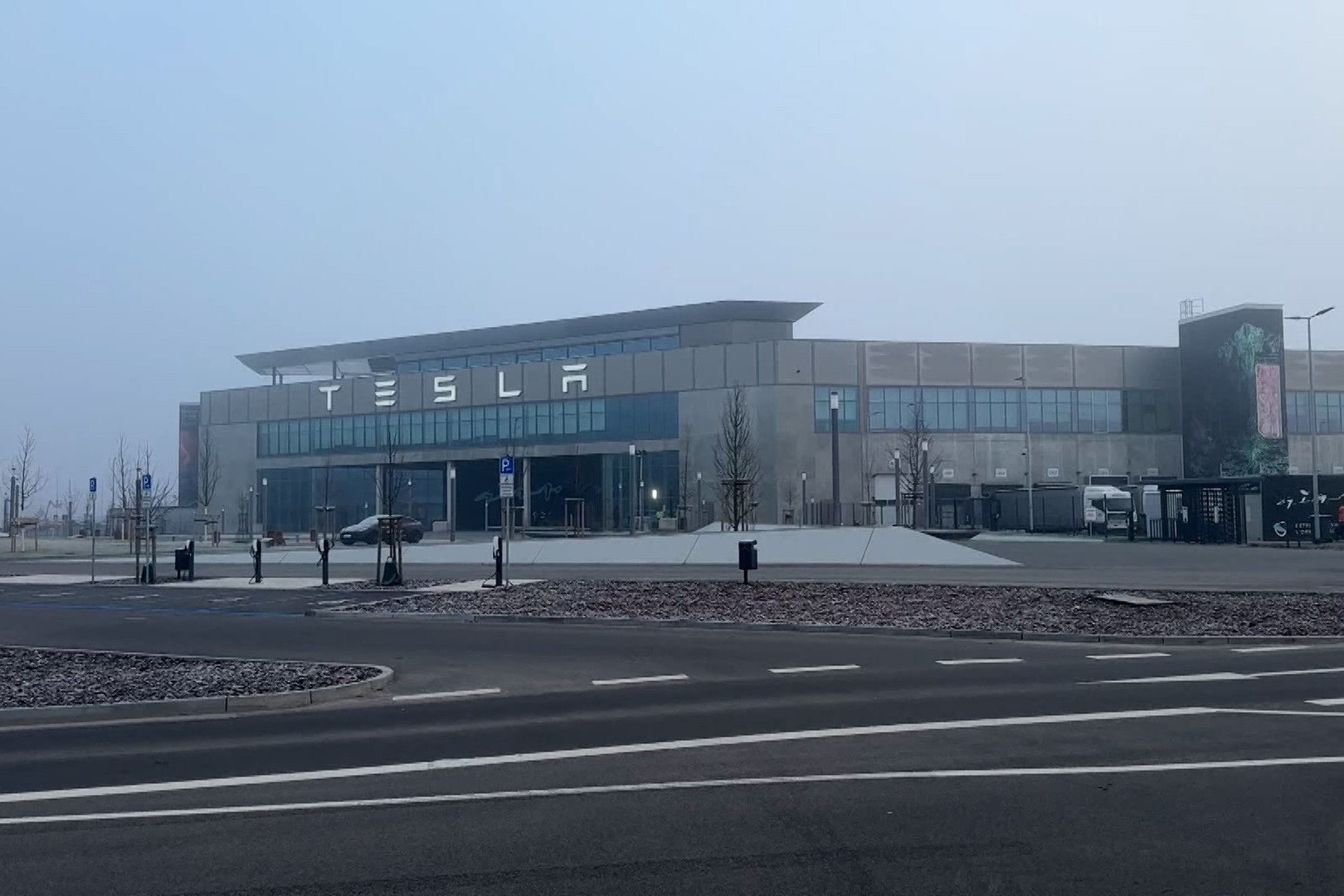Severe staff shortages in Germany’s nursery schools are nothing new, but as the cold season gets fully underway, Kitas in the capital are reaching breaking point.
According to reports in the Berliner Morgenpost, many daycare centres have been reduced to bare-bones staff due to many of their employees calling in sick, taking annual leave or resigning from their posts.
At the Marzahn daycare centre Schwalbennest, manager Martina Breitmann said she was trying to the run her Kita with just 18 of the required 32 members of the staff.
One long-term employee has just resigned, four positions have yet to be filled and a wave of autumn colds and virus has made the bad situation worse, she told Morgenpost. This has forced her to shut two of the groups at the Kita and reduce its opening hours.
Another nursery school provider, Kindergärten Nordost, also confirmed that there were currently restrictions.
READ ALSO: Germany to relax rules for working parents who need to care for a sick child
“Due to an increased absence of staff due to illness and holidays, we unfortunately have to accept temporarily reduced opening hours in some facilities,” said a spokesperson. The nurseries are trying to find solutions for emergencies with the parents, but “regrettably this is not always possible”.
Exodus of staff
Though the Berlin Senate wants to bring more qualified staff into the city’s nursery schools, at present the trend is going the opposite way.
Employees in this sector tend to switch jobs much more quickly than they did in the past, making it harder to build a personal connection with the children.
People are also struggling with stress and burn-out, leading to longer periods of sick leave, while others are leaving the profession entirely.
According to a report released by the Berlin Senate, the level of staff turnover in the capital’s Kitas reached 10 percent in 2022.
“This level is significantly higher than the turnover rate of three percent used so far in the framework of the skilled labour forecast,” the report revealed. “Accordingly, the number of professionals who have left the occupational field in recent years has increased significantly.”
One solution to the staff exodus has been put forward by union Verdi, who is currently renegotiating the collective agreement of the states (TVL) that governs pay and conditions for nursery workers in Berlin.
This year, Verdi is demanding a 10.5 percent pay increase for the employees, amounting to at least €500 per month.
READ ALSO: German part-time teachers ‘prepared to increase hours’ to combat staff shortages
The union has also called on Kita staff to hold weekly vigils on Thursdays to raise awareness of the current crisis.
“We must concentrate on stabilising the current Kita system,” said Verdi managing director Christine Behle. “We must not stand by and watch the shortage of skilled workers grow from day to day.”
Nevertheless, Senator Katharina Günther-Wünsch (CDU) told Morgenpost she believed that the capital would manage to provide a stable childcare system in the coming years.
By 2027, an estimated 195,750 Kita places are likely to be required in the city, amounting to around 2,900 new positions for staff.
In order to care for these almost 200,000 children, 31,300 skilled workers would be needed; the current demand is estimated at 28,800.




 Please whitelist us to continue reading.
Please whitelist us to continue reading.
Member comments